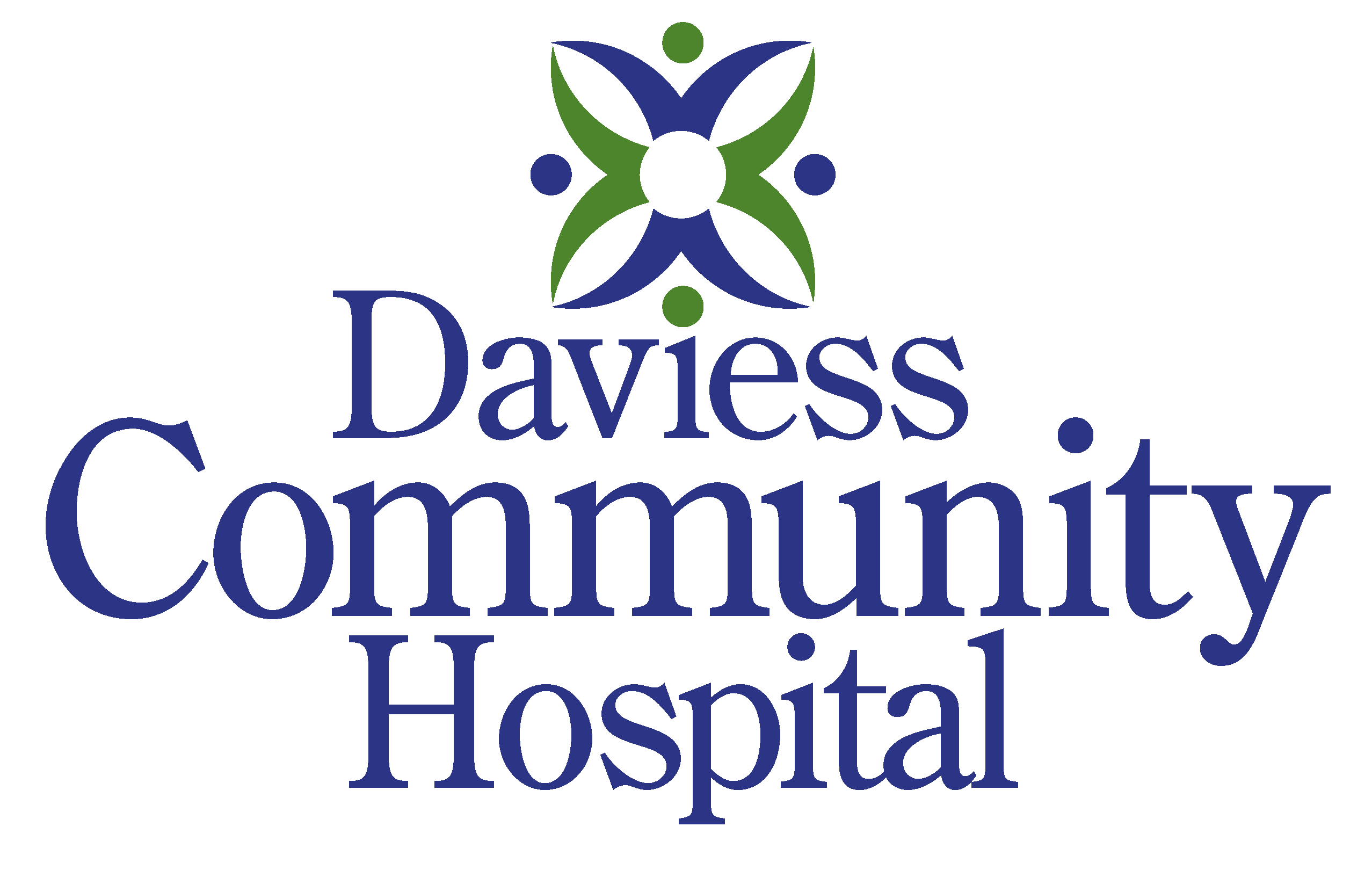
Cognitive-Communication Rehabilitation
Improve attention, memory, and everyday communication
After a stroke, traumatic brain injury (TBI), illness, or other neurologic change, thinking and communication can feel harder than they used to. You may notice problems with attention, memory, problem-solving, planning, or finding the right words. At Daviess Community Hospital’s CORE Center, our speech-language pathologists (SLPs) provide cognitive-communication rehabilitation to help you rebuild practical skills for everyday life—at home, at work, and in the community.
Who can benefit
Cognitive-communication therapy may help if you have changes related to:
- Stroke or TBI (new difficulty with attention, memory, organization, or word-finding)
- Neurologic or medical conditions that affect thinking and communication
- Post-hospital recovery with lingering confusion or processing difficulty
- Everyday challenges, such as keeping track of appointments, following multi-step directions, managing medications or finances, returning to work or school, or keeping up in conversations
If you (or your family) notice that daily tasks take longer or feel overwhelming, an evaluation can help you know what to do next.
What to expect
Evaluation
Your SLP completes a focused assessment of attention, memory, processing speed, problem-solving, organization/executive function, and functional communication (speaking, understanding, reading, writing). We discuss goals that matter to you—like driving readiness guidance from your medical team, managing the calendar, or returning to work duties.
Personalized plan
Your therapy plan is tailored to your goals and routines. It may include:
- Attention training and strategies to reduce distractions
- Memory systems (notebooks, phone tools, repetition techniques)
- Organization and planning for daily tasks and multi-step activities
- Problem-solving and reasoning practice for real-life scenarios
- Word-finding strategies and clear messaging in conversations
- Reading/listening comprehension and note-taking support
- Return-to-work/school task simulation and pacing strategies
- Caregiver/family education and simple home practice to support carryover
When appropriate, we coordinate with your physician and other therapists for a team-based plan.
Measurable progress
We track outcomes, adjust the plan as you improve, and focus on carryover—so skills show up during meals, medication routines, bill paying, conversations, and workplace or community activities.
Signs a cognitive-communication evaluation may help
- Trouble following conversations, instructions, or television
- Losing track of time, appointments, or tasks
- Difficulty planning, organizing, or completing multi-step activities
- Word-finding problems or “tip-of-the-tongue” moments
- Feeling overwhelmed in busy or noisy environments
- Fatigue or slowed thinking that limits daily life
Why choose CORE Center
- Individualized therapy focused on real-world function
- Evidence-based approaches for stroke, TBI, and neurologic recovery
- Family and caregiver coaching to support progress at home
- Team coordination with physicians and other rehab services as needed
- Convenient outpatient care in Washington and Odon, Indiana
Locations and scheduling
- CORE Center – 421 E. Van Trees Street, Washington, IN
- CORE Center at North Daviess – 800 S. West Street, Odon, IN
Call (812) 254-8889 to schedule a cognitive-communication evaluation or ask about referral requirements. Many insurers require a physician referral—our team can help you determine next steps.
FAQs
Is this the same as “cognitive therapy”?
Cognitive-communication rehabilitation focuses on
thinking skills that support communication and daily life—attention, memory, organization, problem-solving, and practical
tasks like managing schedules or conversations.
How long does therapy take?
It varies by diagnosis and goals. Your SLP will discuss a plan and expected
timeline after evaluation.
Do you coordinate with employers or schools?
With your permission, we can provide recommendations to support a safe
and gradual return to work or school tasks.
